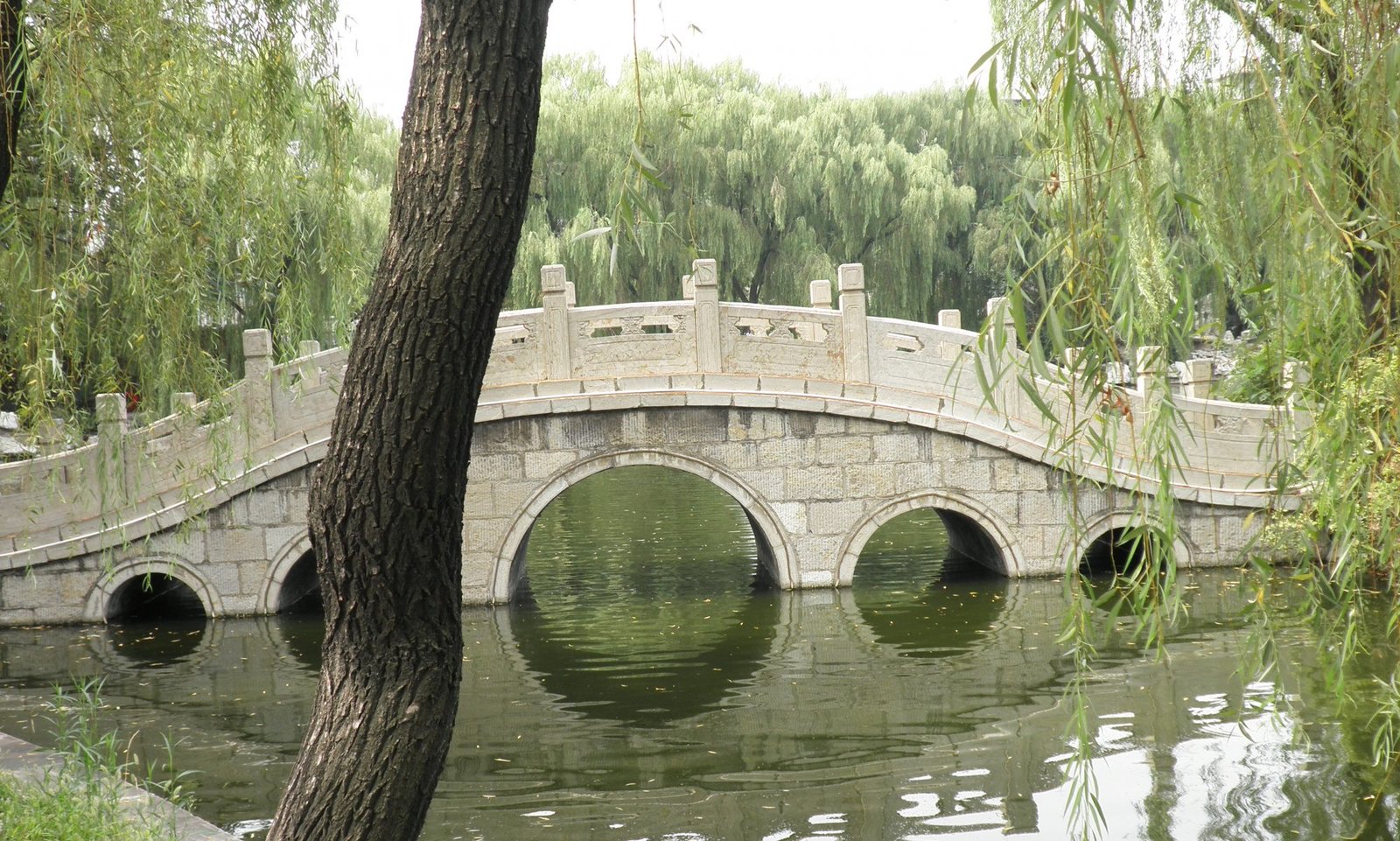Dear Tai Chi Chuan & Qi Gong Friends,
Before you decide to attend my classes I would like that you get know me better.
As you can see from my CV I have bachelor degree at two universities and master degree in arts. So I love to learn and develop myself. During university years I was learning Tai Chi from great Chinese masters and now it is my job, my vocation, my lifestyle. I have lot of experience in teaching Tai Chi Chuan and Qi Gong. I can describe myself as diligent student, enthusiastic teacher who enjoys helping people and I am always opened for new ideas and looking for more knowledge.
With holistic approach I would like to help people to develop themselves, to find their own balance in life and cope with rising stress, anxiety and uncertainty in life. War in ex Yugoslavia and embargo took my youth and stopped everything for more than decades. Luckily I had Tai Chi that kept me moving on and helped me to stay healthy in my body and mind.
During long period of teaching Tai Chi and Qi Gong classes I have noticed that my students becoming more attuned and aware of themselves. Last few years more and more young people coming to my classes and they say that they must practice in order to stay healthy, physically and mentally. My responsibility is to teach them, the best I can and support them on their path. This integrative approach is something I believe in and I live that through my everyday life. I have learned it through harder way, through my experience.
I had outstanding good job as interpreter in Turkish Embassy but my body and soul were suffering. I have got serious problems with my lower back and thanks to great physiotherapist I didn’t go to operation, just left behind all of the things that were against my true nature and that was the moment of my fundamental change.
Now, I just desire to improve myself and to stay on the right path. For last few years I receive great knowledge and support from highly recognized teachers who come to teach us in Bodhi Path Belgrade, part of Karma Kagyu Lineage, where I study Buddhism and meditate.
I love changes because they are core of Daoist and Buddhist philosophy and I want to help more people as I can to accept and understand the fact that life is always changing, maybe nowadays faster than ever but we need to know that we have the way and methods how to keep balance and develop ourselves.
With love and respect.
Isidora Milosevic



